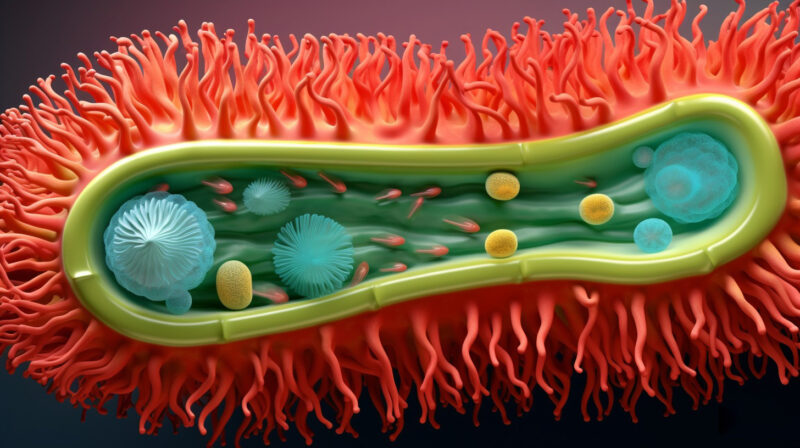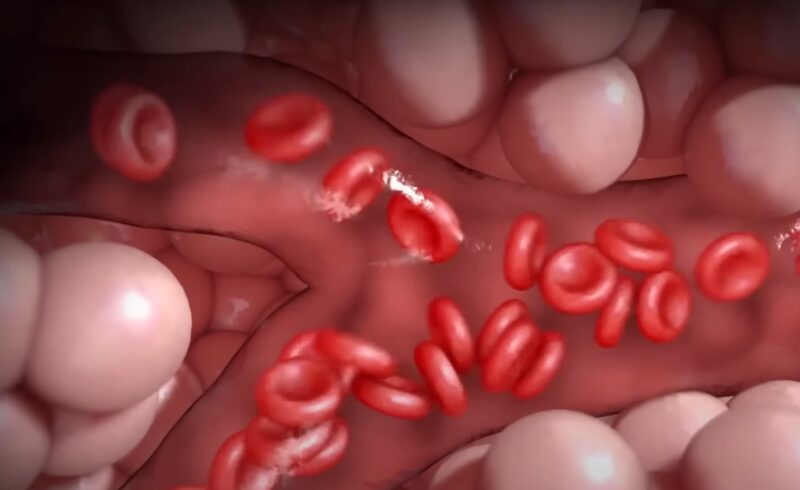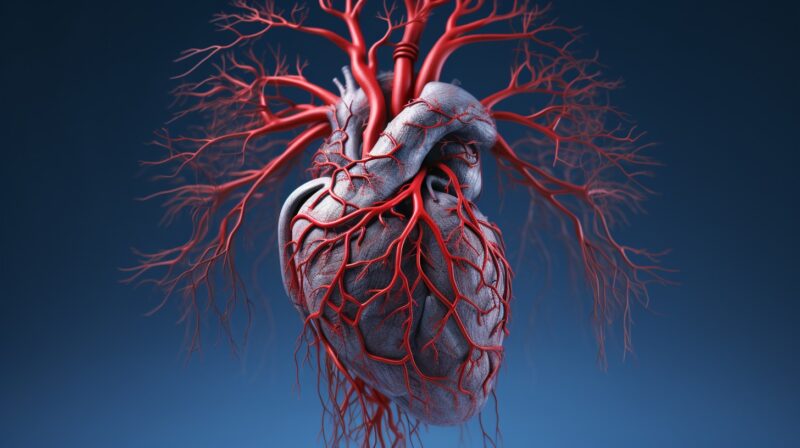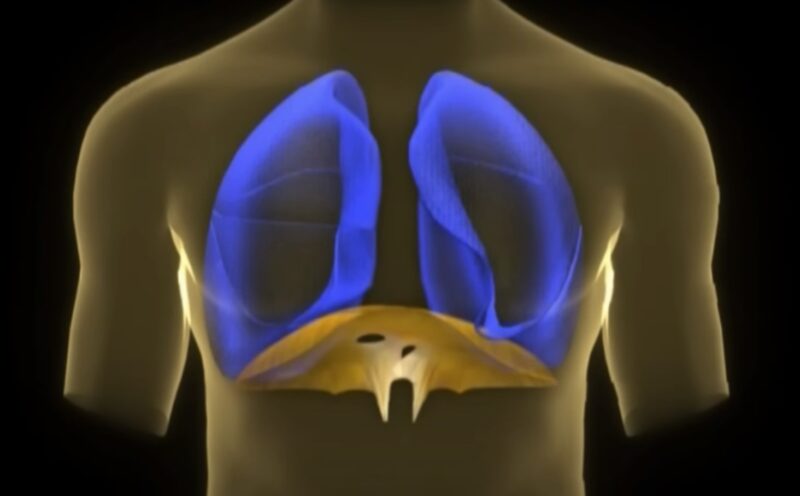Modern healthcare systems depend heavily on hospital ethics committees since they address all the ethical issues that arise during patient treatment. These committees serve as a middleman for patients, doctors, and their families, ensuring that decisions are taken with the highest ethical standards in mind. In addition to looking out for the best interests of the patients, they protect doctors and nurses against the moral and legal issues that can arise during the course of their duties.
Apart from helping medical professionals provide ethical treatment to patients, ethics committees protect them against possible moral or legal conundrums as well. The ethics committee can assist medical personnel in determining what to do when they are uncertain whether to continue treating a patient with life- sustaining medications or make decisions best for the patient. These committees give an opportunity for different points of view to be heard, therefore guiding ethical behavior and respecting patient rights while still helping to identify the best solution.
While ethics committees are an invaluable resource for medical professionals, there are times when doctors and other healthcare professionals find moral or legal conundrums that require outside help. Under these circumstances, support from corporate ethics committees might not be enough. This is the part where medical professionals might need the expertise of an attorney.
If a physician’s actions are brought into question owing to patient outcomes or ethical difficulties, having a lawyer on their side will safeguard their professional rights as they continue to follow the highest standards of medical practice.
Medical license attorneys help healthcare professionals avoid legal action by shielding them from recommendations and conversations concerning their defense plans, usually including those of the hospital ethics committee. Read on to learn more.
What Do Hospital Ethics Committees Do?

Members of hospital ethics committees range in background and experience from doctors, nurses, social workers, lawyers, and even concerned citizens. End-of-life care, patient autonomy, informed consent, and treatment choice conflicts are among the several ethical concerns these committees try to cover. Their goal is to guide doctors in negotiating difficult circumstances where simple solutions might not be easily accessible.
When the current problems are delicate or vague, the capacity of an ethics committee to offer a structure for constructive discussion becomes very important. Medical personnel working with patients may find circumstances when the optimal line of action is not always obvious. Many times, doctors have to make difficult moral decisions that call for balancing their own professional responsibilities, patient rights, and family needs.
The ethics committee’s duty is to guarantee that several points of view are fairly taken into account and to provide recommendations for the best suited line of action. Patient treatment depends on this kind of communication, which also shields medical professionals from possible ethical and legal consequences.
Protecting Medical Professionals Through Ethical Guidance

Ethics committees are also worried about other aspects than patient rights. They also help to ensure that medical personnel are shielded from possible ethical and legal repercussions. For instance, the doctor is faced with a tough choice about whether or not to instantly stop giving a terminally sick patient life-sustaining treatment at the request of their family.
Ethics committees help to resolve issues where a medical practitioner is accused of malpractice, therefore addressing the matter. Reviewing the situation and offering a well-documented method of decision-making helps ethical committees support doctors in their defense. Should the issue be taken before a judge, the documented ethical conversations could provide proof that the doctor followed all pertinent guidelines and policies exactly.
In this situation, it could be highly helpful to speak with a lawyer that specializes in protecting medical licenses. Legal counsel and the ethical committee’s support help healthcare providers to be shielded while upholding the anticipated standards of treatment.
Common Ethical Dilemmas Addressed by Ethics Committees
Below are the most common ethical dilemmas faced by ethics committees. With their help and guidance, it becomes easier to deal with such difficult situations ethically.
End-of-Life Care Decisions

Making the decision to remove or withhold life support from a patient who is terminally ill is one of these decisions. The ethical requirements of treatment, the patient’s prior expressions of preference, and the wishes of the patient’s family all add layers of complexity to this problem.
These things combined make it very hard for medical professionals to make the right decision. As the ethics committee steps in, the chances of these dilemmas affecting a healthcare provider’s decisions are minimized.
Informed Consent
When patients lack the capacity to make decisions or when family members and medical professionals disagree on the patient’s treatment plan, informed consent becomes a complicated ethical problem. In these types of circumstances, ethics committees are frequently asked to mediate so that everyone’s concerns are addressed and the patient’s best interests are put first. Otherwise, problems might arise regarding the decisions made by the different parties involved.
Resource Allocation

Deciding how to divide up resources is a regular problem, especially during emergencies or when there aren’t enough medical supplies, like during a pandemic. Ethics committees guarantee that choices on the equitable distribution of limited resources such as ICU beds or life-saving drugs are made with openness and ethical integrity. This way, the distribution of resources is done fairly.
Futile Treatment
Another ethical issue ethics committees often handle is futile treatment. This describes circumstances where the patient gains no actual benefit from ongoing vigorous treatment. Making the decision to stop therapy can be difficult for doctors, therefore ethics committees can offer much-needed direction on when it is morally justified to cease treatment.
Protecting patients and healthcare workers depends critically on hospital ethics committees. In doing so, they aid in balancing the needs of patients with the obligations of healthcare professionals, ensuring that all medical decisions are made in accordance with applicable laws and ethical principles. These committees support the integrity and trust that is fundamental in modern medical practice by providing direction in difficult situations and functioning as a barrier against legal challenges.






